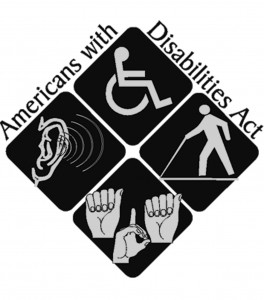 1. What’s the ADA?
1. What’s the ADA?
ADA stands for the Americans with Disabilities Act. This civil rights law was passed on July 26, 1990 to help secure the rights and freedoms that disabled citizens are entitled to. It was expanded in 2008 by the ADA Amendments Act.
2. Why do we need the ADA?
America is known “as the land of opportunity,” but discrimination prevents many disabled people from participating in everyday life. People who are disabled are regularly denied access to businesses, hospitals, schools, workplaces, and many other locations. Unfortunately, a lack of cultural understanding about disabilities results in a prejudiced population.
3. Who is the ADA for?
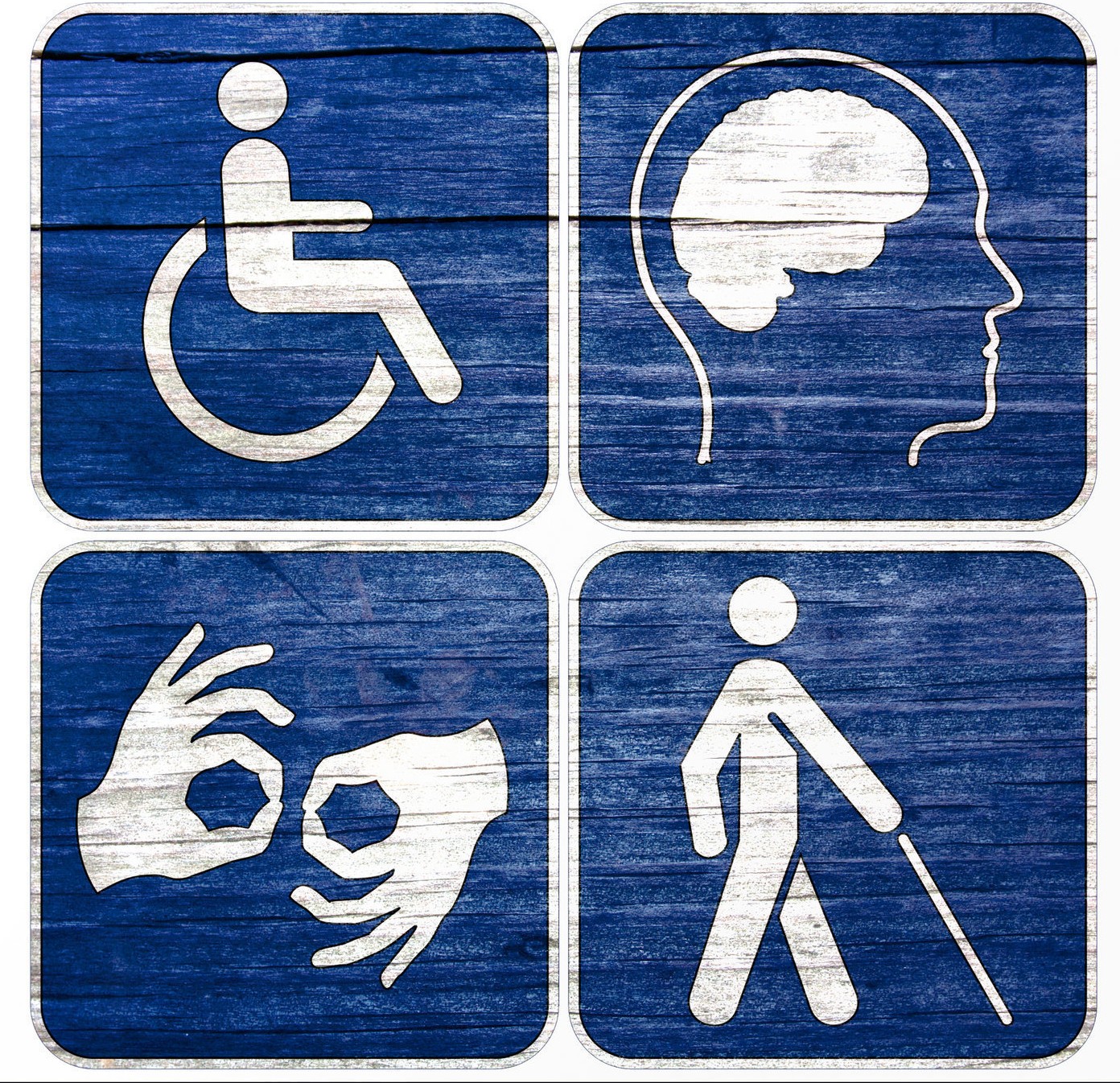 From deafness to mobility issues to intellectual disabilities, the ADA protects the rights of ALL Americans who have mental and/or physical medical conditions. The list of disabilities also includes autism, cancer, cerebral palsy, diabetes, epilepsy, HIV, multiple sclerosis, muscular dystrophy, major depressive disorder, bipolar disorder, post-traumatic stress disorder, obsessive compulsive disorder, schizophrenia, and other physical or mental health conditions.
From deafness to mobility issues to intellectual disabilities, the ADA protects the rights of ALL Americans who have mental and/or physical medical conditions. The list of disabilities also includes autism, cancer, cerebral palsy, diabetes, epilepsy, HIV, multiple sclerosis, muscular dystrophy, major depressive disorder, bipolar disorder, post-traumatic stress disorder, obsessive compulsive disorder, schizophrenia, and other physical or mental health conditions.
4. How does the ADA apply to people who are deaf?
The ADA requires public and private entities to consider the needs of people who are deaf. Living in a large multicultural country, entities must take responsibility to be accepting and competent of other lifestyles. Instead of just assuming every person who enters a business or uses the services of an organization is able to hear, the ADA requires these entities to plan for deaf consumers.
5. How does the ADA effect jobs?
 Title I: Employment is a critical piece of the ADA which helps deaf individuals access employment opportunities. It prohibits employers from inquiring about the existence, nature, or severity of a disability or medical condition until after a job offer has been made. Title I makes it clear that organizations may not reject qualified job candidates on the basis of their disability, and requires employers to provide “reasonable accommodations” for deaf employees.
Title I: Employment is a critical piece of the ADA which helps deaf individuals access employment opportunities. It prohibits employers from inquiring about the existence, nature, or severity of a disability or medical condition until after a job offer has been made. Title I makes it clear that organizations may not reject qualified job candidates on the basis of their disability, and requires employers to provide “reasonable accommodations” for deaf employees.
6. What is a reasonable accommodation?
Reasonable accommodation often calls for a minor alteration to the typical communication strategy, which will vary on a case-by-case basis. For deaf individuals who use ASL as their primary form of communication, a qualified sign language interpreter is generally the best accommodation for things like meetings, where important information will be exchanged. Other deaf or hard of hearing employees will prefer a text version of the meeting provided by computer aided transcription services (CART).
For brief interactions, say the boss just needs a little more information on a report, an email exchange might be sufficient, or a Video Relay Service might be utilized. The best way to figure out what a reasonable accommodation might be for a certain situation is to simply ask the deaf individual.
7. Where else does the ADA apply?
 Under Title II, agencies which operate at a local or state level are required to provide equal access to all services offered by the organization. This includes public hospitals, municipal government buildings, public schools, police stations, and public transportation. A public entity must ensure that its communications with deaf citizens are as effective as communications with others.
Under Title II, agencies which operate at a local or state level are required to provide equal access to all services offered by the organization. This includes public hospitals, municipal government buildings, public schools, police stations, and public transportation. A public entity must ensure that its communications with deaf citizens are as effective as communications with others.
Title III expands the ADA to privately owned places of public accommodation and commercial facilities, such as business offices, social service centers, entertainment events, airports and so on. With the exception of private clubs and religious organizations, almost any place open to the public is required to provide some form of auxiliary aid, interpreter, or CART service for deaf/HoH patrons upon request. Deaf individuals aren’t asking for special treatment, they simply expect the same quality of access as everyone else.
8. What steps should be taken to ensure civil rights are not violated?
 People who are deaf need to be aware of their rights and ask, preferably in writing, for the accommodations they are entitled to receive under the ADA. I suggest going beyond the gatekeepers, who are often secretaries and administration professionals, to contact management or the HR department. Take the request up the chain of command.
People who are deaf need to be aware of their rights and ask, preferably in writing, for the accommodations they are entitled to receive under the ADA. I suggest going beyond the gatekeepers, who are often secretaries and administration professionals, to contact management or the HR department. Take the request up the chain of command.
If they are still denied these accommodations, deaf people can contact a local advocacy organization or a licensed civil rights lawyer. While a lawsuit is not the ideal course of action, discrimination based on disability is an act of oppression. Liability lawsuits are often far more costly than providing equal access in the first place.
9. How can businesses ensure they are ADA compliant?
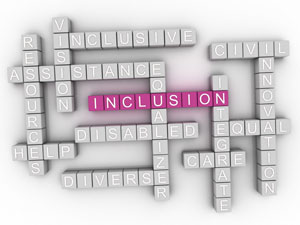 Awareness about these issues usually begins from the top level down. All employees, but especially those who work in administration and management positions, should receive thorough cultural competency training. Additionally, we need to see more disabled employees and consultants in the workforce. The more the general population is exposed to disability, the better they will be able to understand the needs of disabled individuals.
Awareness about these issues usually begins from the top level down. All employees, but especially those who work in administration and management positions, should receive thorough cultural competency training. Additionally, we need to see more disabled employees and consultants in the workforce. The more the general population is exposed to disability, the better they will be able to understand the needs of disabled individuals.
10. How does the ADA help everyone?
At the end of the day, most deaf or otherwise disabled people just want the opportunity to participate in society. Diversity is a great asset, and providing reasonable accommodation for our diverse population should be an expected cost of doing business. Welcoming deaf individuals into all spaces is the law, yes. But it is also the right thing to do.
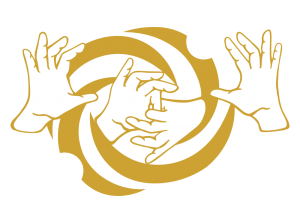





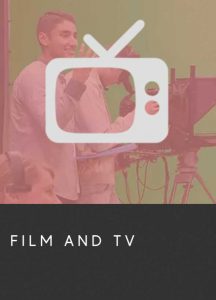






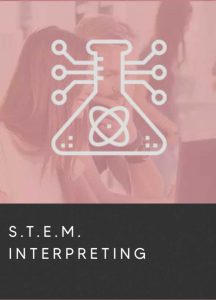
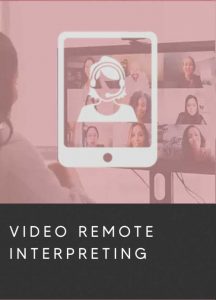
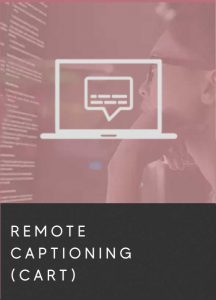

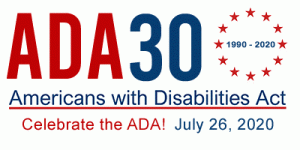
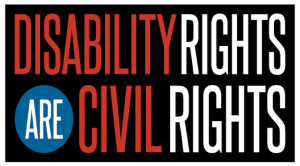 Since 1990, groups and individuals within the Disability Community have worked, advocated, litigated, protested, and lobbied to make incredible advancements toward equal access with the support of the ADA. As time goes on, we are beginning to see inclusive elements being built right into organizations and institutions – from
Since 1990, groups and individuals within the Disability Community have worked, advocated, litigated, protested, and lobbied to make incredible advancements toward equal access with the support of the ADA. As time goes on, we are beginning to see inclusive elements being built right into organizations and institutions – from 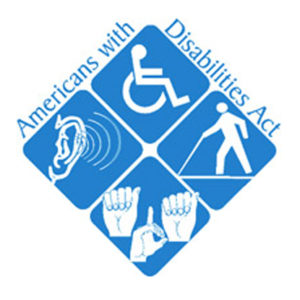 July 26 marks the anniversary of the Americans with Disabilities Act: a set of laws established to help people with disabilities gain access to society that was simply not designed for them. Since 1990, this landmark piece of legislation has improved the lives of millions of Americans by providing clarification regarding their rights to access— whether that means built-in wheelchair ramps, requesting ASL interpreters, or allowing service animals into buildings— and offering legal recourse for individuals whose rights are violated.
July 26 marks the anniversary of the Americans with Disabilities Act: a set of laws established to help people with disabilities gain access to society that was simply not designed for them. Since 1990, this landmark piece of legislation has improved the lives of millions of Americans by providing clarification regarding their rights to access— whether that means built-in wheelchair ramps, requesting ASL interpreters, or allowing service animals into buildings— and offering legal recourse for individuals whose rights are violated.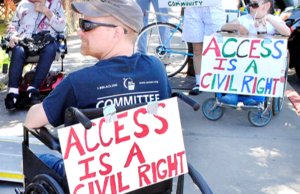 Without the hard work of determined disability rights activists, the ADA would never have been passed; and without ongoing advocacy efforts, little real change might have come from the legislation. People who do not need to reference the ADA on a regular basis to get their basic needs met are frequently unaware of their obligation to ensure equal access to their establishment / service / business. In the years since the ADA became law, people with disabilities have had to consistently perform the labor of educating people about their disabilities and what it means to be disabled in a world that favors able-bodied individuals. They must also be willing to challenge organizations to go beyond bare minimum compliance, which can sometimes mean taking on large institutions in a public way.
Without the hard work of determined disability rights activists, the ADA would never have been passed; and without ongoing advocacy efforts, little real change might have come from the legislation. People who do not need to reference the ADA on a regular basis to get their basic needs met are frequently unaware of their obligation to ensure equal access to their establishment / service / business. In the years since the ADA became law, people with disabilities have had to consistently perform the labor of educating people about their disabilities and what it means to be disabled in a world that favors able-bodied individuals. They must also be willing to challenge organizations to go beyond bare minimum compliance, which can sometimes mean taking on large institutions in a public way.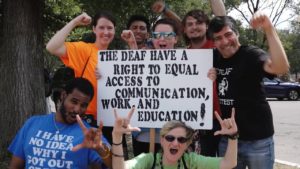
 Each time a person takes it upon themselves to challenge the institution that oppresses them, they remove a barrier for the next person— no matter how big or small. This incremental progress adds up over time. If your rights are violated, pursue further action. If your needs are not adequately met, provide feedback and pursue further action. The advocacy and awareness that each person spreads works toward creating a more educated society with advanced views of disability. Pushing back is important work!
Each time a person takes it upon themselves to challenge the institution that oppresses them, they remove a barrier for the next person— no matter how big or small. This incremental progress adds up over time. If your rights are violated, pursue further action. If your needs are not adequately met, provide feedback and pursue further action. The advocacy and awareness that each person spreads works toward creating a more educated society with advanced views of disability. Pushing back is important work!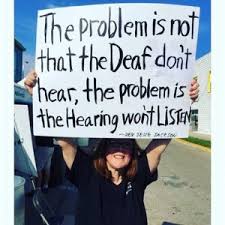 But what about allies? How can people who are not deaf or disabled help, without their position of able-bodied privilege resulting in further oppression? Where to get started?
But what about allies? How can people who are not deaf or disabled help, without their position of able-bodied privilege resulting in further oppression? Where to get started?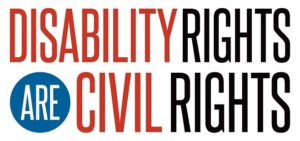 The ADA in action is more of a tool for people with disabilities than any kind of guarantee. This set of legislation only works when it is enforced, and it is up to each member of our society to help enforce it.
The ADA in action is more of a tool for people with disabilities than any kind of guarantee. This set of legislation only works when it is enforced, and it is up to each member of our society to help enforce it.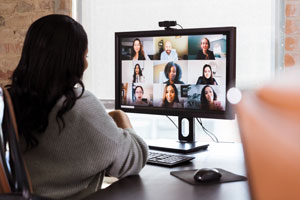 Applying for jobs can be a test of nerves. Each resume must be tailored and each cover letter is a carefully crafted sales pitch. We highlight our skills and professional experience while explaining why we’d be a great fit for the organization. On employment applications, we are asked to expose so much of ourselves, yet we are expected to keep the most important details private.
Applying for jobs can be a test of nerves. Each resume must be tailored and each cover letter is a carefully crafted sales pitch. We highlight our skills and professional experience while explaining why we’d be a great fit for the organization. On employment applications, we are asked to expose so much of ourselves, yet we are expected to keep the most important details private. Often, employers do not understand how to accommodate people with different abilities, fearing (incorrectly) that it will be
Often, employers do not understand how to accommodate people with different abilities, fearing (incorrectly) that it will be  2) Mediators
2) Mediators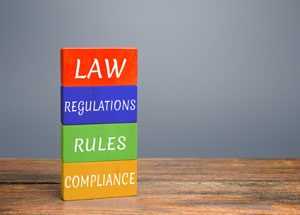 5) Hard Workers
5) Hard Workers workplace that employs deaf individuals can enrich the culture of their entire organization! Adding diversity provides all employees the opportunity to work on effective communication and cooperation skills, while challenging people to explore new perspectives. With proper cultural competency training, each individual in an organization can learn to become more compassionate, open minded, and willing to go the extra mile for the team.
workplace that employs deaf individuals can enrich the culture of their entire organization! Adding diversity provides all employees the opportunity to work on effective communication and cooperation skills, while challenging people to explore new perspectives. With proper cultural competency training, each individual in an organization can learn to become more compassionate, open minded, and willing to go the extra mile for the team. As our society increasingly celebrates diversity, businesses that do not adapt inclusive hiring policies are sure to fall out of favor. By denying qualified deaf individuals job opportunities, employers are also refusing their current employees the opportunity to learn and grow in a multicultural work environment. Additionally, the employee profile of a business sends a subtle message to potential clients and customers about an organization’s fundamental values.
As our society increasingly celebrates diversity, businesses that do not adapt inclusive hiring policies are sure to fall out of favor. By denying qualified deaf individuals job opportunities, employers are also refusing their current employees the opportunity to learn and grow in a multicultural work environment. Additionally, the employee profile of a business sends a subtle message to potential clients and customers about an organization’s fundamental values.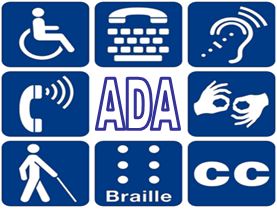
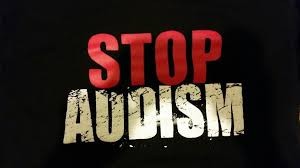 As we approach the 25th anniversary of the Americans with Disabilities Act, it is alarming to see the level of audism that still exists in in this country. Audism is the belief that those with the ability to hear are superior or “normal.” Because of audism, the rights of deaf individuals are regularly violated in places such as movie theaters, classrooms, and even online. Simple considerations such as captioning, transcription, or sign language interpreting services can help break through the language barrier to protect the rights of deaf Americans. The ADA is a set of laws which guarantee equal access, yet deaf people are refused these accommodations due to the ignorance that still exists.
As we approach the 25th anniversary of the Americans with Disabilities Act, it is alarming to see the level of audism that still exists in in this country. Audism is the belief that those with the ability to hear are superior or “normal.” Because of audism, the rights of deaf individuals are regularly violated in places such as movie theaters, classrooms, and even online. Simple considerations such as captioning, transcription, or sign language interpreting services can help break through the language barrier to protect the rights of deaf Americans. The ADA is a set of laws which guarantee equal access, yet deaf people are refused these accommodations due to the ignorance that still exists.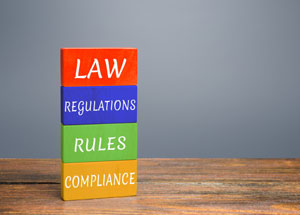 Instead of building communication access in as a business expense, many organizations take an audist approach– meaning that they assume the people who wish to join their staff, patronize their business, or utilize their services are all able to hear. Based on the fact that 15% of American adults report some hearing loss, a number which increases to 25% for people over 65 years of age, businesses really ought to take a more inclusive approach right from the start. Institutions should be prepared from the onset to cater to our diverse population. Organizations which neglect to provide equal access as required by the ADA not only earn themselves a bad reputation within the Deaf community, they potentially open themselves up to a discrimination lawsuit.
Instead of building communication access in as a business expense, many organizations take an audist approach– meaning that they assume the people who wish to join their staff, patronize their business, or utilize their services are all able to hear. Based on the fact that 15% of American adults report some hearing loss, a number which increases to 25% for people over 65 years of age, businesses really ought to take a more inclusive approach right from the start. Institutions should be prepared from the onset to cater to our diverse population. Organizations which neglect to provide equal access as required by the ADA not only earn themselves a bad reputation within the Deaf community, they potentially open themselves up to a discrimination lawsuit.

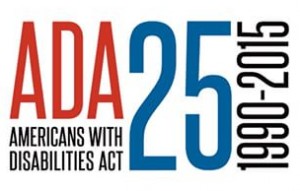 The ADA establishes the rights of deaf Americans to protect them from discrimination, yet it is a constant battle to have these rights recognized. Deaf individuals aren’t asking for special treatment, they only want access to the same rights and opportunities that all Americans should have.
The ADA establishes the rights of deaf Americans to protect them from discrimination, yet it is a constant battle to have these rights recognized. Deaf individuals aren’t asking for special treatment, they only want access to the same rights and opportunities that all Americans should have. 1. What’s the ADA?
1. What’s the ADA? From deafness to mobility issues to intellectual disabilities, the ADA protects the rights of ALL Americans who have mental and/or physical medical conditions. The list of disabilities also includes autism, cancer, cerebral palsy, diabetes, epilepsy, HIV, multiple sclerosis, muscular dystrophy, major depressive disorder, bipolar disorder, post-traumatic stress disorder, obsessive compulsive disorder, schizophrenia, and other physical or mental health conditions.
From deafness to mobility issues to intellectual disabilities, the ADA protects the rights of ALL Americans who have mental and/or physical medical conditions. The list of disabilities also includes autism, cancer, cerebral palsy, diabetes, epilepsy, HIV, multiple sclerosis, muscular dystrophy, major depressive disorder, bipolar disorder, post-traumatic stress disorder, obsessive compulsive disorder, schizophrenia, and other physical or mental health conditions. Title I: Employment is a critical piece of the ADA which helps deaf individuals access employment opportunities. It prohibits employers from inquiring about the existence, nature, or severity of a disability or medical condition until after a job offer has been made. Title I makes it clear that organizations may not reject qualified job candidates on the basis of their disability, and requires employers to provide “reasonable accommodations” for deaf employees.
Title I: Employment is a critical piece of the ADA which helps deaf individuals access employment opportunities. It prohibits employers from inquiring about the existence, nature, or severity of a disability or medical condition until after a job offer has been made. Title I makes it clear that organizations may not reject qualified job candidates on the basis of their disability, and requires employers to provide “reasonable accommodations” for deaf employees. Under Title II, agencies which operate at a local or state level are required to provide equal access to all services offered by the organization. This includes public hospitals, municipal government buildings, public schools, police stations, and public transportation. A public entity must ensure that its communications with deaf citizens are as effective as communications with others.
Under Title II, agencies which operate at a local or state level are required to provide equal access to all services offered by the organization. This includes public hospitals, municipal government buildings, public schools, police stations, and public transportation. A public entity must ensure that its communications with deaf citizens are as effective as communications with others. People who are deaf need to be aware of their rights and ask, preferably in writing, for the accommodations they are entitled to receive under the ADA. I suggest going beyond the gatekeepers, who are often secretaries and administration professionals, to contact management or the HR department. Take the request up the chain of command.
People who are deaf need to be aware of their rights and ask, preferably in writing, for the accommodations they are entitled to receive under the ADA. I suggest going beyond the gatekeepers, who are often secretaries and administration professionals, to contact management or the HR department. Take the request up the chain of command. Awareness about these issues usually begins from the top level down. All employees, but especially those who work in administration and management positions, should receive thorough cultural competency training. Additionally, we need to see more disabled employees and consultants in the workforce. The more the general population is exposed to disability, the better they will be able to understand the needs of disabled individuals.
Awareness about these issues usually begins from the top level down. All employees, but especially those who work in administration and management positions, should receive thorough cultural competency training. Additionally, we need to see more disabled employees and consultants in the workforce. The more the general population is exposed to disability, the better they will be able to understand the needs of disabled individuals.




